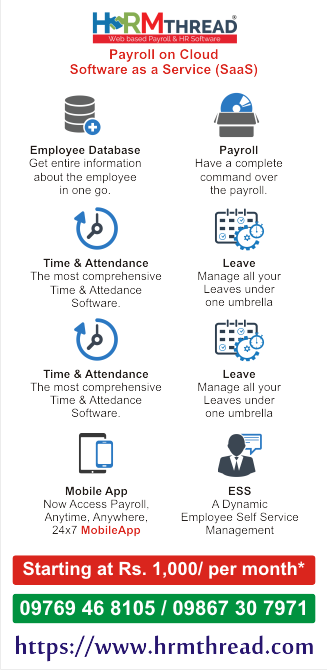Shop & Establishment:- WB Shop 1st Jan 2020 to 30th June 2020.pdf
Security:- WB -Security 1st Jan 2020 to 30th June 2020
Hotel & Restaurant:- WB- Hotel & Restaurant 1st Jan 2020 to 30th June 2020
|
S. No.
|
Maximum Number of employees employed on any day
|
Amount of fees in Rs.
|
|
1.
|
0-10 employees
|
5000/-
|
|
2.
|
11 to 50 employees
|
20000/-
|
|
3.
|
51 to 100 employees
|
50000/-
|
|
4.
|
101 and above employees
|
150000/-
|
|
|
|
|
|
|
|
|
|
|
|
|
|
|
|
|
|
|
|
|
|
|
|
|
|
|
|
|
|
|
|
|
|
|
|
|
|
|
|
|
|
|
|
|
|
The Government of Jharkhand vide Notification NO-2/MW-2071/2010 L&T-1836 has released the Minimum Wages variable dearness allowance effective from 1st October 2019.
👉 Notification:- The Jharkhand Minimum Wages Notification 1st Oct 2019
As per the notification on Dt. 30-09-2019 regarding. The State Government as declared the fresh basic rates of Salary/Wages for the period from Dt. 01-10-2019 to 31-03-2020 for 46 business in Zone – I & Zone – II. The same may please be paid during the above period.
English Notification:- Gujarat Minimum Wages 1st Oct-2019 to 31st Mar 2020
Government of Tripura vide notification no No.F.21(98)-LAB/ENF/Labour Laws/2017/7062 has released the Tripura Ease of Compliance To Maintain Registers Under Various Labour Laws Rules,2019.
As per the notification and the new rule, various registers to be maintained under the provisions of the
- Contract Labour (Regulation and Abolition) Act, 1970, The Interstate Migrant Workman (Regulation of Employment & Conditions of Service) Act, 1979,
- The Minimum Wages Act, 1948,
- Building and Other Constructions Workers’ (Regulation of Employment and Conditions of Service) Act, 1996 have been combined under Forms A,B,C,D respectively.
These registers can also be maintained electronically provided that layout and presentation of the register may be adjusted without changing the integrity, serial number and- contents of the columns of the register.
For more details please refer to the notification attached herewith
Notification:-
The Tripura Ease Of Compliance To Maintain Registers Under Various Labour Laws Rules, 2019
Official Gazette :- Esic Average daily wages Official gazeete from Rs 137 to Rs 176







